Forgot Password?
Please enter your email address to receive a link for resetting your password.
Thank You
You will receive an email with further instructions. Please contact customer support if you need any further assistance.
Please verify your email address
A verification link has been sent to your email to activate your account. The link will be valid for 1 hour.
Please check the spam inbox if you can't find the email. If you still can't find it, we can resend it.
A verification link has been sent to your email 00:00

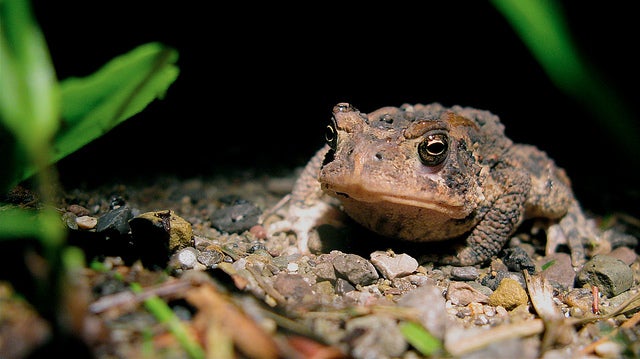
Dave Huth/flickr
Nighttime photography can be tricky, and it can be even trickier when your subject is a wild animal. Here are a few tips to help you finally get that perfect shot.
Picture this: it’s nighttime and you’re in a forest, searching for the very best shot of that elusive neighborhood owl. Once you finally come across it, you pull out your phone to illuminate your camera and make sure all your settings are correct.
The owl notices your movement and begins to fly away. You quickly snap a picture at the last second, only to find that your very bright flash ruined the entire shot.
For anyone who enjoys nature photography, or simply making photo albums, it’s no secret that shooting at night can be a frustrating endeavor. Here are a few tips from the National Wildlife Federation to help you get that perfect nighttime shot and then showcase those skills in a photo album.
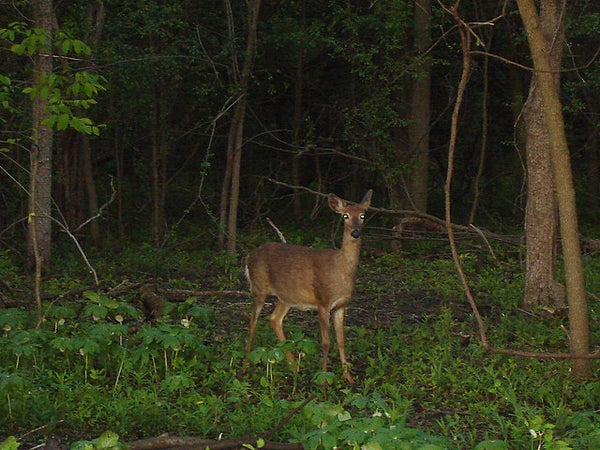
Mary Anne Enriquez/flickr
If you have a modern camera, it probably comes equipped with a night mode function. The specific details will change depending on the camera, so it’s probably best to experiment with yours before heading out. Try some practice runs out in your yard to get a feel for the mode’s nuances and how it can help you get that picture you’ve been aiming for.
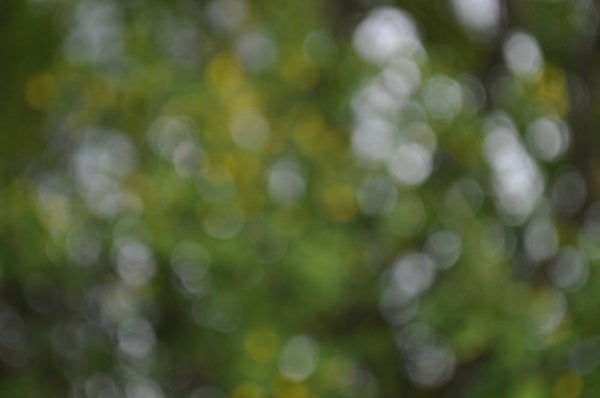
Mark Engelbrecht/flickr
Checking the stability of your camera is crucial to snapping a clear and precise picture, especially when dealing with low-light settings. While a traditional tripod is the most effective tool for keeping your camera still, nature photographers may have to improvise by using their surroundings.
Tree limbs or stumps provide excellent alternatives that are also less likely to spook the nearby wildlife.
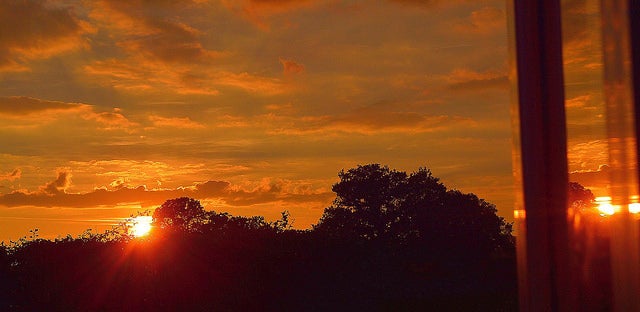
MIcolo J/flickr
Just because the day is behind you doesn’t mean that you still can’t use some natural lighting to your artistic advantage. Taking pictures during the very final stages of a sunset gives your pictures an evening aesthetic while a sufficient amount of lighting is still available.
Or, if you’re lucky enough, a bright moon can make a great backdrop for any photos. Although it may take a bit more planning, using naturally-lit details in your photography will look more authentic than a harsh and distracting flash.
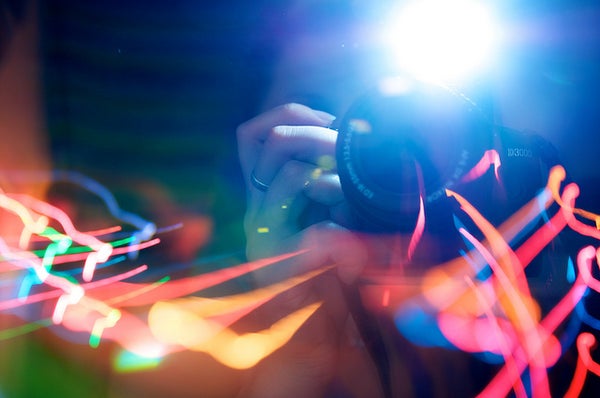
Jamie Henderson/flickr
While using your flash to light up a dark area may seem like a reasonable thing to do, the advantages of a camera flash do not lend themselves well to wildlife photography.
Aside from the obvious fact that the light may frighten your skittish subject, flash also tends to overexpose parts of your picture. Unless you know your environment and flash settings very well, try to avoid this particular method.
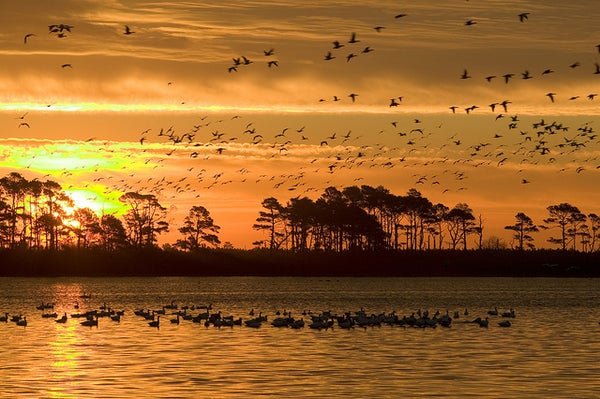
U.S Fish and Wildlife Service Northeast Region/flickr
The most important thing to remember when documenting nocturnal nature is to be patient with the process. Above all else, taking a good picture takes a lot of time and perseverance. Bare these tips in mind, respect the nature around you, and keep holding out for that shot — when you get it, it’ll make your next album even more special.
Now that you know how to take those elusive evening shots, it’s time to start looking into the best way to put them altogether in an everlasting album.
Well, your search ends here, as Printique’s printed products are hand-crafted with the finest materials and their albums put your digital pictures into a durable and beautiful book without compromising a single pixel of quality. Put down the camera for just a minute and get started making your very own.